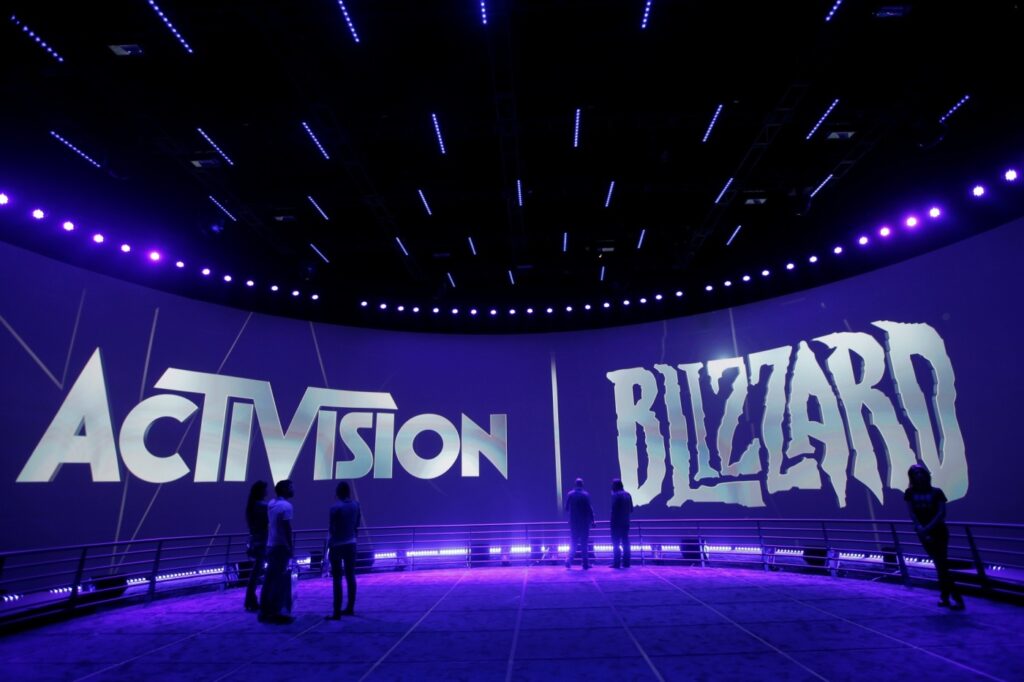
Have you about the state agency that serves itself rather than California taxpayers?
Meet the California Civil Rights Department (CRD), formerly known as the Department of Fair Employment and Housing.
Regulatory agencies protect workers’ rights by diligent investigation of worker complaints and engagement with companies to address those complaints that have merit. It is hard work and does not always generate headlines – but it does result in the protection of California workers.
CRD appears to have a different mission: Generating headlines, regardless of whether the headlines help California workers.
Consider the agency’s current priority of attempting to block an Equal Employment Opportunity Commission settlement with the company Activision. The settlement would award employees millions of dollars as a remedy for past harassment and discrimination. If that sounds like a win for everyone, you’re not thinking like a California regulator.
CRD’s argument is nothing if not self-serving: It says the settlement was not high enough. So desperate is the agency to block employees from this settlement money that it filed arguments in federal court trying to block it. As journalist Matt Taibbi explains, the state was, “hoping to replace it with its own bigger, badder settlement.”
The federal court overseeing that settlement rejected the state agency’s arguments as “unseemly” and approved the settlement. CRD, despite no court having proven its allegations against the company, is appealing the federal ruling and pursuing its own case in state court.
The CRD argues that the EEOC complaint only covered federal law and that CRD can bring an independent complaint in state court based on a state law that provides near identical protections. The result, however, is interference with federal enforcement of federal nondiscrimination law. Do we really think employees benefit from this? In the future, employers will be less willing to settle federal charges of discrimination if they know that the CRD is going to file its own case based on the same facts.
This current battle follows an earlier one with Tesla. CRD last year alleged that workers of color faced discrimination and harassment at Tesla’s Fremont plant. The CRD packed its filling with heated rhetoric and scurrilous accusations, even characterizing the Tesla plant as a “slave ship” in legal pleadings. Lawyers do this when they want to generate headlines and media interest in a case; apparently, state agencies do the same thing.
Tesla fought back, counter-suing the CRD and pointing out the thinly sourced allegations and an ambush complaint that appeared to exceed the Agency’s mandate. (The CRD similarly exceeded its mandate in the Activision case, focusing on workplace harassment allegations that have nothing to do with its mission.)
As part of its Tesla strategy, CRD sent letters to employees urging them not to hire their own private counsel, asking them to report any private attorneys who offered representation. In short, CRD wants to be in control of the case and wants to ensure that it does not have to share its cut of any settlement or damage award with other employees’ attorneys.
Related Articles
Fiscal mismanagement drives escalating debt ceiling fights
Unemployment insurance rip-offs: stop them!
Equality vs. equity: Letters
No one should be shocked at Supervisor Andrew Do’s CalOptima antics
Why California’s well-intentioned PAGA labor law needs reform
CRD’s job is to protect California workers’ civil rights. But how does CRD accomplish that if its litigation tactics are so extreme that companies like Tesla move their California operations to other states? CRD’s professed interest in protecting workers’ rights is cold comfort to those who lost their jobs because of Tesla’s move.
Businesses do not need additional reasons to leave California. Hundreds of companies have left the state in the past few years and apparently thousands of Californians agree that they would be better off elsewhere. Enough people left the state that California lost a seat in Congress. All of this is contributing to a state deficit of more than $20 billion after years of surplus.
The governor and the Legislature should take a long, hard look at the state’s Civil Rights Department. They need to ask themselves if the CRD is protecting the state’s workers or rather is contributing to the state’s decline.
Anthony Caso is Senior Legal Fellow at The Claremont Institute and Retired Clinical Professor of Law at Chapman University, Fowler School of Law.
